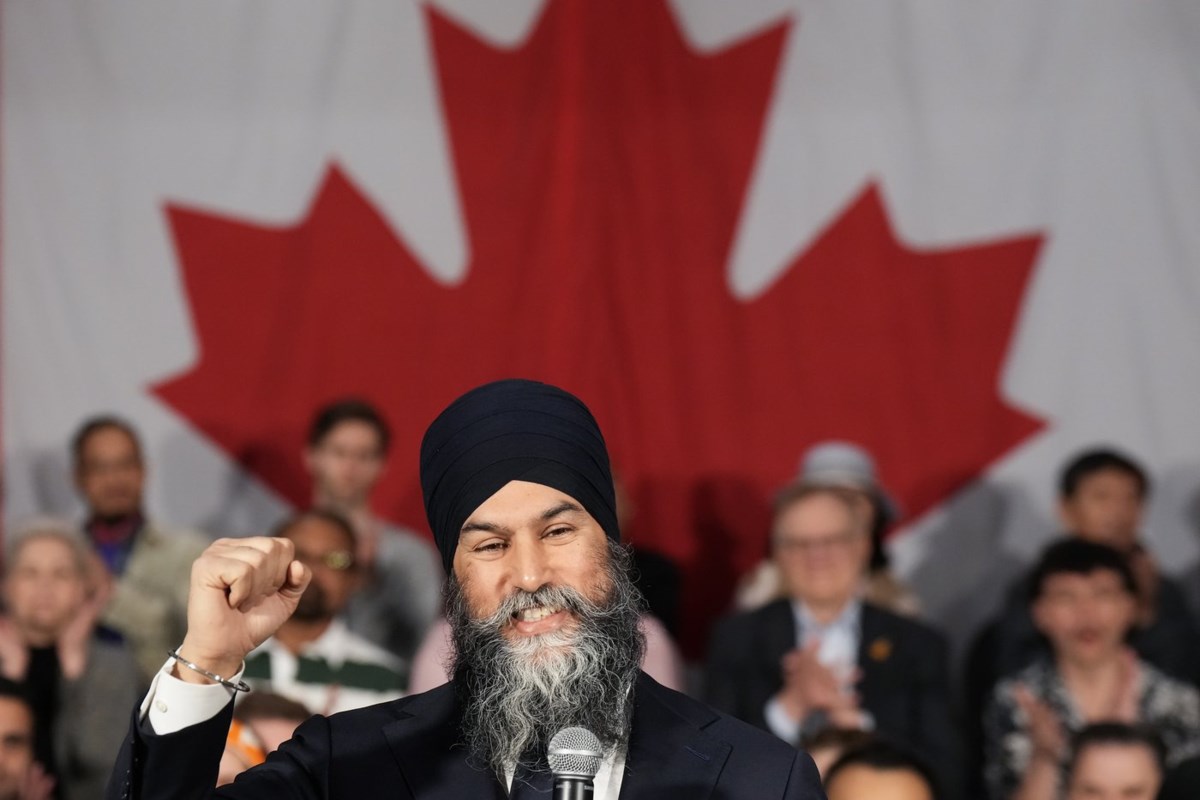Editorial: The weight of inaction on obesity

Malta’s obesity problem has weighed down on the country for way too long. Report after report continues confirming Malta’s chronic problem with weight. There are multiple reasons leading to our problem – a rather poor (and distinctly un-Mediterranean) diet, lack of exercise, and even genetics. A recent opinion piece by Health Minister Jo Etienne Abela confirmed we are practically facing a national emergency. He stresses that the impact of obesity extends beyond individual well-being and that it is straining resources and carrying significant direct and indirect costs. Obesity leads to a litany of problems, from hypertension to heart failure to diabetes to arthritis to liver disease. The economic benefits of reducing the burden of these chronic diseases on the healthcare system cannot be overstated. Abela’s piece was a well-written kite-flying exercise. He spoke of the need for a “whole-government and whole-society approach”. He spoke of awareness campaigns in promoting healthy lifestyles and that they must be accompanied by more robust interventions. He spoke of the government employing a dedicated weight loss consultant surgeon to provide services. This is all positive. Addressing the multifaceted nature of obesity requires a multidisciplinary approach. However, the success of these initiatives hinges on their accessibility, affordability and effective coordination. The government remains reluctant to impose some form of taxation on unhealthy foods to dissuade its consumption. The Stabbiltà campaign was clear indication of which were the most consumed food products from supermarket shelves. It doesn’t make sense that unhealthy food is often cheaper than healthier options. It doesn’t make sense that the vast majority of Malta’s eateries focus on fast food rather than nutritious foods that other Mediterranean countries celebrate. Suffice it to visit Mater Dei Hospital outlets – which should set a public health example – to see they barely stock any healthy choices. Ultimately, the long-term economic and social costs of obesity far outweigh the potential short-term unpopularity of taxing unhealthy items. Abela posed a series of questions, including a crucial one: Should the government build new public infrastructure or partner with private entities? Too often, the public health sector is fire-fighting instead of planning with foresight. The absence of a structured, transparent model for public-private collaboration is the elephant in the room – and one we urgently need to address. A notable aspect of Abela’s statement is his focus on surgical interventions. Malta’s growing expertise in this field, especially within the private sector, presents a real opportunity. The fact that many Maltese patients travel abroad, particularly to Turkey, for treatment is clear evidence of demand. Why is it so difficult to create a long-term model for outsourcing and healthcare partnerships? Why do we keep reinventing the wheel with each new crisis or ministerial shuffle? The government must develop clear, fair and consistent criteria for the services that should be handled privately, supported by a comprehensive cost analysis that includes both direct and indirect overheads. It should also define which services are suitable for outsourcing, which hospitals and specialists are qualified and at what cost. A hospital grading system – similar to hotel ratings – would increase transparency and help patients make informed choices. Regular reporting of clinical results and independent audits would then be essential for accountability and quality control. Partnering with the private sector for weight-loss services would allow the government to focus on core areas like emergency and critical care. This division of responsibilities would optimise public and private resources, improve efficiency and reduce waiting lists. The time for piecemeal solutions and endless debates is over. The tools are in place – we just need a clear strategy to follow through and tackle obesity head-on.


















